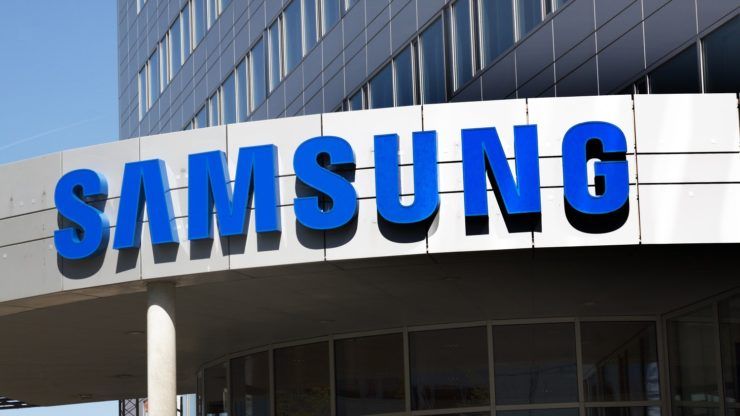Samsung Electronics is poised to announce a more than fourfold increase in quarterly profits on Tuesday, largely fueled by improving demand for memory chips.
However, the pace of this recovery appears to be slowing as the company has been slow to fully leverage the growing artificial intelligence (AI) boom, a critical area of expansion.
According to LSEG SmartEstimate, based on the insights of 29 analysts, Samsung’s operating profit for the quarter ending on September 30 is projected to hit 10.33 trillion won ($7.67 billion).
This represents a sharp increase from the 2.43 trillion won profit recorded in the same quarter last year, though it shows little progress compared to the 10.44 trillion won profit posted in the previous quarter.
Chip demand rebounds, but conventional sectors remain weak
The global semiconductor industry has been gradually recovering from last year’s downturn, with a surge in demand for chips used in AI servers.
Despite this, recovery in conventional chips—those used in smartphones and personal computers—has been notably sluggish, analysts observe.
Samsung, the world’s largest manufacturer of memory chips, smartphones, and televisions, has been trailing behind competitors like SK Hynix (000660.KS) and Micron (MU.O) in its race to supply high-performance AI chips to key clients such as Nvidia (NVDA.O).
At the same time, the company is facing intensifying competition from Chinese manufacturers for commodity chips, making the road ahead more uncertain.
Samsung’s chip division sees profit, but with notable decline
Despite these challenges, Samsung’s chip division is expected to show an operating profit of 5.5 trillion won for the third quarter, a considerable recovery from the losses posted a year earlier.
However, this profit represents a 15% decline from the previous quarter, partly due to provisions set aside for employee bonuses, according to estimates from 10 analysts compiled by Reuters.
Analysts suggest that Samsung’s late entry into the higher-margin AI chip market, coupled with its heavier exposure to the Chinese market and traditional mobile chips, makes it more susceptible to both geopolitical risks and sluggish demand.
“Samsung is more likely to lose the title of number 1 DRAM vendor in case of a softer commodity DRAM market,” Daniel Kim, an analyst with Macquarie Equity Research, told Reuters.
He warned that an oversupply in the conventional DRAM chip market, which plays a significant role in smartphones and computers, could impact Samsung more severely than its competitors, especially SK Hynix.
Competition intensifies as Micron and Chinese rivals gain ground
This outlook comes in contrast to Micron’s more optimistic forecast.
Last month, Micron projected first-quarter results exceeding Wall Street expectations, reporting its highest quarterly revenue in more than a decade, largely thanks to the surging demand for memory chips in the AI sector.
Samsung’s non-memory chip business, which includes chip design and contract manufacturing, is also expected to show losses for the third quarter.
The company has faced difficulties in competing with Taiwan’s TSMC (2330.TW), which dominates the sector and counts tech giants like Apple (AAPL.O) and Nvidia among its customers.
In a bid to mitigate these challenges, Samsung has reportedly been cutting up to 30% of its overseas staff in certain divisions, according to a Reuters report from September.
Foldable phones and mobile business under pressure
Samsung’s struggles are not confined to its chip business.
Analysts suggest that the company’s premium foldable phone segment is expected to deliver underwhelming results, facing stiff competition from Chinese rivals like Huawei.
Samsung’s mobile phone and network divisions posted a third-quarter operating profit of 2.6 trillion won, down 20% from the previous year, as per estimates compiled by Reuters.
The company’s stock performance has reflected these challenges. Samsung shares have fallen by 23% this year, underperforming SK Hynix, which saw a 23% gain over the same period.
Samsung will release its preliminary third-quarter earnings on Tuesday, with the full financial report expected later this month.
The results will likely provide further insight into whether the company can keep up with the shifting dynamics of the tech and AI landscape or continue to face headwinds amid growing competition.
The post Is Samsung’s profit recovery stalling amid the AI boom? appeared first on Invezz

